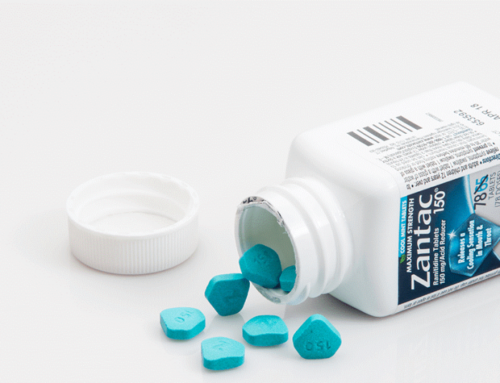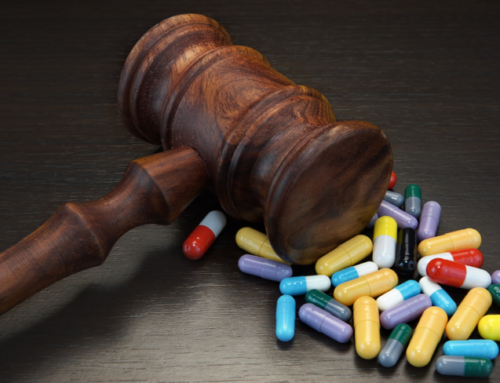A Bloomberg opinion piece from June 4, 2019, explains what some of these concerns are. Glyphosate pollutes water, lingers in soil, and taints human food supplies, according to some studies. In 2016, some scientists described what is already known about the chemical and its effects on animals. Glyphosate, for instance, can cause congenital problems in pigs and cause damage to the livers and kidneys in rodents. Almost certainly, humans will start to experience health concerns as well. This is especially likely when considering the high levels of glyphosate exposure that many have and have had for years.
The popular herbicide Roundup, made by Monsanto, has been the subject of major recent litigation. An Oakland jury in May 2019 awarded $2 billion in damages to a couple after concluding Roundup caused their cancer. Scientists and others have long warned about the cancer risks posed by the active ingredient in Roundup, glyphosate. Cancer is not the only safety concern, however. Other dangers have been suspected or known about for many years as well. Now, some are urging regulators to step up and act upon what is quickly becoming common knowledge.
Some research even indicates that the effects of this ingredient may impact several biological generations down the line. Michael Skinner of Washington State University and his colleagues uncovered troubling evidence which suggests this. For instance, rats who were not exposed to glyphosate had shown no harmful effects. Neither did their offspring. However, elevated tendencies toward health abnormalities started showing up two generations later. Among these were birth defects, kidney and prostate disease, obesity, and ovarian disease.
These and other studies concerned animals that were exposed to the glyphosate chemical. The effects on humans may not be known for some time. But the evidence suggests that humans might very well start to mirror some of these same health problems. Roundup remains popular and is one of the most common herbicides used in homes and businesses. Therefore, it could take years or even generations for there to be any noticeable signs. The potential number of victims could be exceptionally high, and legal cases could become complicated.
The science got way off course long ago, according to the Bloomberg opinion article. Old studies, which showed glyphosate to be safe, relied upon data that was provided by the herbicide industry. Much of this information was not even peer-reviewed or publicized. It was, to say the least, biased research coming directly from the companies that were making the product. But then came a 2015 report by the International Agency for Research on Cancer (IARC) concluding glyphosate is likely carcinogenic. The IARC report, unlike many previous ones, relied only on peer-reviewed, publicly available research to make its findings.
Efforts are underway in many states to confront these concerns directly through legislation, education, and other action. A massive public health campaign might help raise awareness of the potential dangers of Roundup. But undoing long-held affinities for the product will be difficult. The herbicide is so popular that many consumers and users of it disregard the health concerns. Still, these health concerns could save lives. Regulators will need to continue pushing for proper safety labels as they work to protect public health. There may ultimately be widespread efforts to outright ban the product.
It is well-known that numerous types of cancers have been linked to glyphosate, among them:
- Breast cancer
- Leukemia
- Non-Hodgkin’s lymphoma
- B-cell lymphoma
A key question now is what other types of diseases and medical conditions will start to show up in humans. If you or someone you know uses Roundup, especially in high amounts, tell them about these health risks. Take precautions to avoid direct contact or inhalation of any herbicides, and avoid or minimize their use altogether if possible. Tell anyone you know using Roundup to keep records regarding any health complications and medical expenses they may have. This information could prove useful later in the event victims need to take legal action.






Leave A Comment